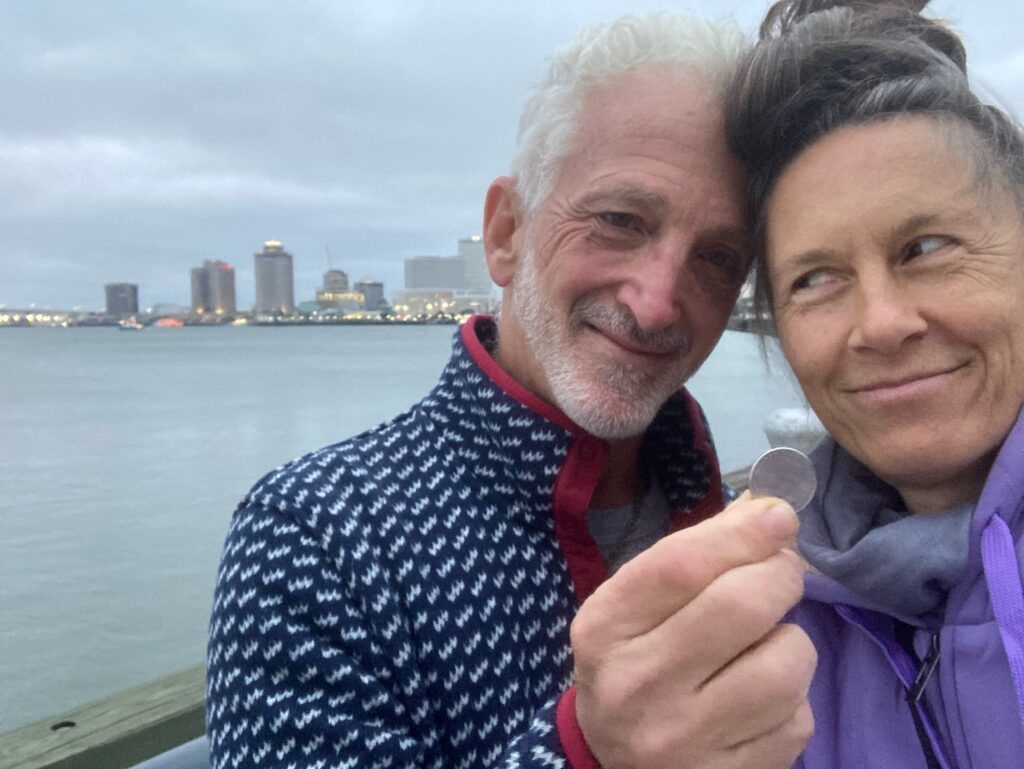How to Write About Yourself: A Guide to Self-Promotion
What words do you use to describe yourself? How do you choose which adjectives to put in your professional bios or dating profiles? How do you stand out as an individual? How do you write about yourself?
Whether it’s a resume, online dating profile, or LinkedIn bio, adjectives are your most powerful tool when promoting yourself to the world. Each descriptor you use (along with its nuances, associations, and connotations), adds a layer to the image the reader is forming.
Read on for tips on how to best use adjectives in your favor.
Principle #1: Know What You Are Trying to Say
It’s near impossible to describe something that you don’t have a clear understanding of. This applies especially when writing about yourself.
As a ghost-writer, I have heard innumerable clients waffling on adjectives, contradicting their own words while describing themselves to me. They are unsure whether they are more of a leader or a team-player, undecided on if they prefer a night-in or night-out.
To accurately and powerfully describe yourself, it’s important to take the time to know yourself. Before you write a single word, sit for a moment and recognize which traits are integral to your character. Then, brainstorm or journal on some paper, writing down whichever descriptors come to mind.
To make sure your thoughts flow freely, do your best to put aside other’s perceptions of you. Imagine you were talking to only yourself, being truly honest. What words would you use then?
Principle #2: Allow Yourself to Brag
Many people find it difficult to proudly share positive aspects of themselves when writing about themselves. It could be because we are unaccustomed to bragging, we value humility, or we are just plain bashful.
To best represent yourself positively, once you choose an adjective, stand behind it. If you truly believe you are adventurous, write it plainly with no minimizations or attempts to self-deprecate. And if you are not certain that it is the right word for you, replace it with one you feel comfortable labeling yourself with.
In addition, the goal of professional bios, dating profiles, and similar texts are to show your best features. Shying away from that goal is a disservice to yourself, and only benefits your competitors.
Principle #3: Don’t be Generic
Just because a word is positive doesn’t mean it’s to your benefit to include it when writing about yourself. Words like kind, hardworking, or friendly do not add value to your description. Since they are so generic, readers tend to skim over them.
To make the most impact, choose specific, deliberate words. Before including an adjective, ask yourself if it is a word that most people would use to describe themselves.
Anyone applying for a job is “hardworking.” Anyone on a dating site is “nice.” These things are assumed to be true by your audience based solely on the context.
Take the opportunity to go deeper, and elaborate on exactly what you mean.
Are you an innovative problem-solving trailblazer? Or a diligent dutiful powerhouse? Both statements could describe a hardworking person, but individually are very different in their meanings.
Principle #4: Chose Words That Are in Harmony With Each Other
To paint a cohesive image when writing about yourself, ensure that the adjectives that you chose fit together.
Humans are complex and multi-faceted beings, and it can be a challenge to capture the intricacies of one’s person within a word count. Choosing a clear direction and having a consistent “personal brand” makes sure you leave a lasting impact for readers.
Furthermore, if you are thoughtlessly grabbing adjectives that describe you without looking at the bigger picture, the result may be confusing.
For example, one may say “I am easygoing and love to be organized.” Easygoing and organized contradict each other. If instead one wrote “I like to plan ahead of time so that I can be spontaneous in the moment,” it connects the two contrasting descriptors and shows how they can work together.
If two words within the same text seem to contradict each other, take a second look. See if there is a different word that flows better. Online thesauruses, such as One Look, are your best friend as you do this.
Some synonyms are very close in their meanings, but the nuance and connotation of each word do not mesh well together. Take a moment and read it out loud, to a friend or just to yourself. If anything sounds odd, try some other options. When I write for clients, I rotate all my adjectives, switching in and out descriptors until the perfect combination clicks.
The Difference is In The Details When Writing About Yourself
Proactive or Driven?
Calm-natured or Easygoing?
Observant or Attentive?
Now that we have established how to write about yourself powerfully and purposefully, it is up to you to modify your words and find what works.
Writing about yourself is daunting, and it can feel vulnerable to present yourself to the world within a character limit or text box. Crafting a thoughtful and authentic portrayal enables you to convey your personality, values, and experiences, leading to genuine connections with others. In a world driven by digital interactions, the words you chose become a tangible expression of who you are, allowing you to leave lasting impressions and initiate meaningful engagements.
If you approach the task purposefully, the process can be enlightening, and the result can be empowering.




